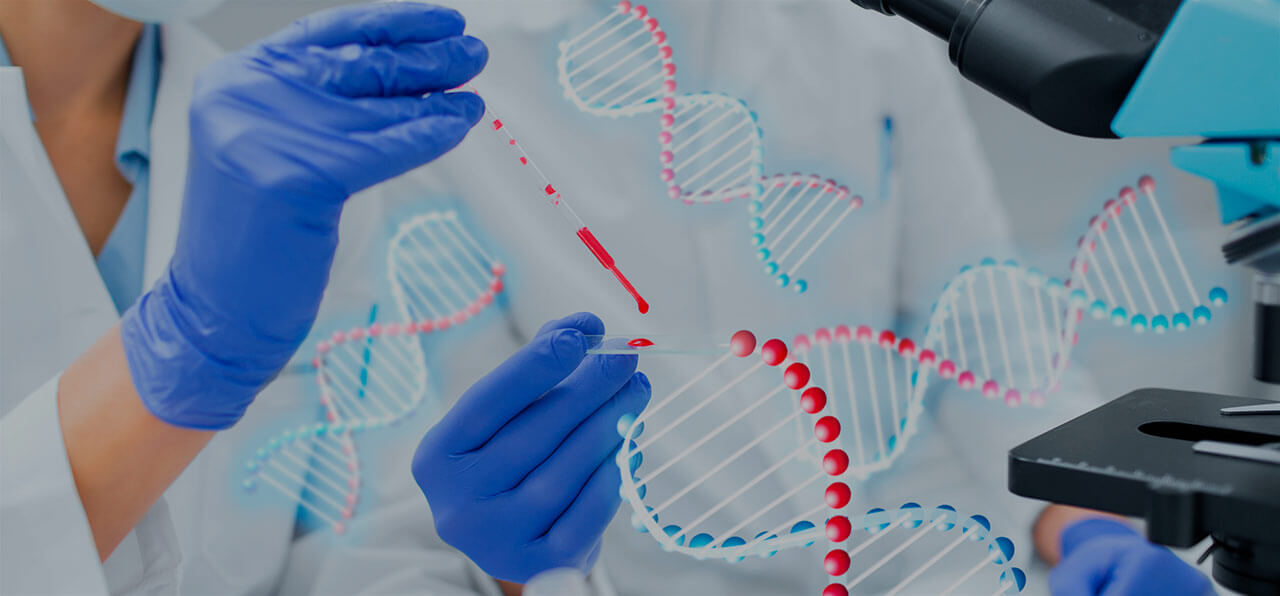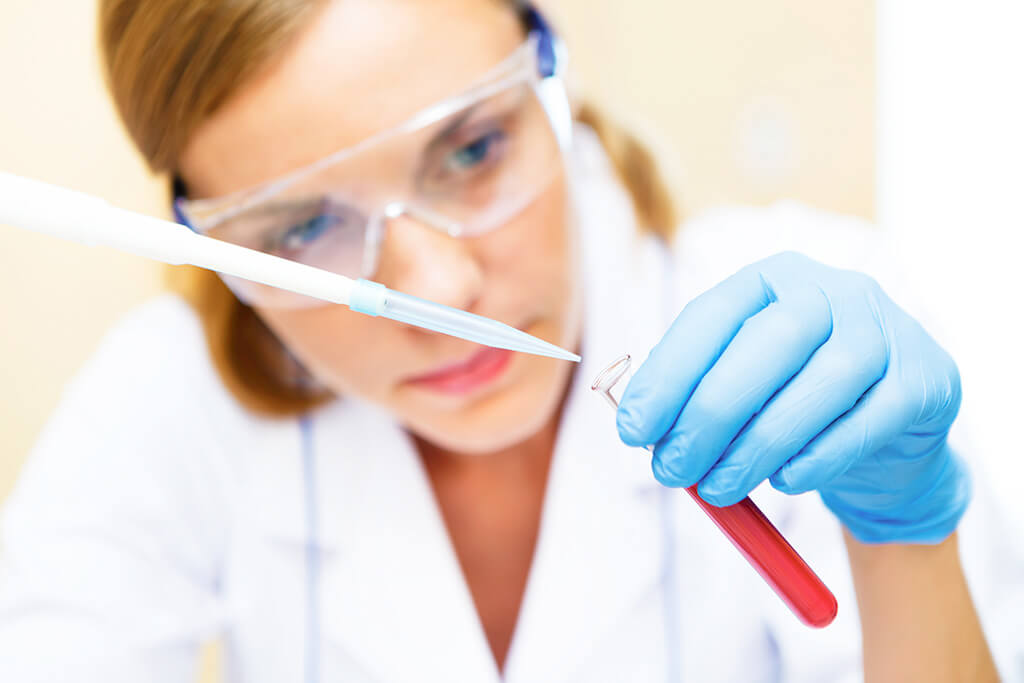Content
- What is bone marrow transplantation?
- What are the different types of bone marrow transplantation?
- What does the preparation for transplantation involve?
- How is a transplantation performed?
- Who can become a donor for a bone marrow transplantation?
- What complications may occur after the procedure?
- Rehabilitation after a transplantation of blood-forming cells
- Where is bone marrow transplantation performed?
- Which hospitals perform bone marrow transplantation?
- How much does bone marrow transplantation cost?
- Donation of bone marrow - price
- Organization of bone marrow transplantation abroad
What is bone marrow transplantation?
Bone marrow transplantation is a procedure that is used for implanting healthy hematopoietic cells into a patient's body in order to resume the process of hematopoiesis.
Indications for bone marrow transplantation are:
- anemia;
- all types of leukemia;
- Myeloma;
- some oncological diseases (for example, testicular cancer);
- Hodgkin's disease;
- Non-Hodgkin's lymphomas.
Contraindications to bone marrow transplantation are:
- severe liver and kidney pathologies;
- infectious diseases;
- pregnancy;
- physical weakness of the body (old age, concomitant diseases).
Bone marrow transplantation for children follows the same indications and contraindications as for adult patients.
What are the different types of bone marrow transplantation?
Such types include:
- autologous transplantation, a surgery whereby the patient's own cells are implanted;
- allogeneic transplantation, receiving the cells from a relative;
- allogeneic transplantation, receiving the cells from a donor who is not a relative;
- Haploidentical transplantation, transplantation in which the bone marrow of a partially compatible relative is used, survival rate after this procedure is only 25%.
What does the preparation for transplantation involve?
Preparing a patient for transplantation
The most important stage of preparing for a transplantation is called, ‘conditioning.’ This is a therapy, conducted when treating cancer. It consists of taking chemotherapeutic drugs and immunosuppressors. This therapy depresses the immunity of the patient so that there is no rejection of the transplanted material. Also, this method helps to destroy cancer cells and frees up space for the transplant.
In cases where the own cells of the patient are used for the transplantation, these cells are first drawn, and afterwards are frozen until the end of the chemotherapy course.
Diagnostic procedures that are conducted before a bone marrow transplantation include:
- consultations with specialists, including a dentist;
- MRI and CT, PET-CT (in cases of oncological disease);
- blood test (including tests for HIV, hepatitis, etc.);
- biochemical blood test, to ensure that the liver and kidneys are functioning properly, otherwise, transplantation may be contraindicated;
- trepan-biopsy and bone marrow aspiration, puncture of the bone tissue and bone marrow to conduct subsequent cytogenetic analysis.
If necessary, the patient undergoes treatment at a dentist. This needs to be done to completely eliminate the risk of infection, since any infection after the transplantation is conducted can be fatal.
Preparing for cell donation
The donor undergoes routine diagnostics to exclude any diseases that could be transmitted to the recipient.
If the cells are taken from peripheral blood, the donor is given special medications, which must be taken for 5 days. They contribute to the active release of cells into the bloodstream.
Side effects after taking these drugs are possible. They include short-term pain in the bones.
How is a transplantation performed?
Stage 1. Drawing the cells
Bone marrow is taken under general anesthesia. First, the doctor makes a small incision, and then uses a wide needle to puncture the required material from the femur.
The donor can also choose to have the cells taken from peripheral blood. To do this, the donor is connected to a device that pumps blood for several hours. The bone marrow cells are separated from the blood by a special separating device and are collected in a separate reservoir.
Stage 2. Transplantation
The bone marrow is transplanted via intravenous injection. The procedure takes up to 2 hours.
Stage 3. Engraftment period
The introduced cells eventually become instilled in the body and begin to produce new, healthy blood cells.
Hospitalization lasts about 3 months.
Who can become a donor for a bone marrow transplantation?
A related donor can be the brother or sister of the patient. However, even such a donor is not always a compatible match. In rare cases, a haploidentical transplant is performed. The father or mother of the patient can become donors for this procedure.
When using an unrelated donor, the candidate is found through the database of a donor bone marrow bank. The search usually takes about 2 weeks. The largest banks are the US bank for bone marrow donors, and European and German banks. Usually 2-3 people are selected, as a potential donor may have temporary contraindications, refuse to undergo a procedure, or they may not be in the country at that moment.
It is worth noting that there are cases when it is not possible to find a suitable candidate.
Contraindications for donation are:
- infectious diseases;
- autoimmune diseases;
- mental disorders;
- age of under 18 or over 55 years.
What complications may occur after the procedure?
The most serious complications after a bone marrow transplantation include the rejection of the transplant by the body and an attack by transplanted cells on the patient's body ("graft versus host" reaction). To prevent both of these reactions, the patient is prescribed immunosuppressors - drugs that suppress immunity.
In turn, such therapy exposes the patient to the risk of infection. In order to minimize this risk, the patient is placed in a sterile box. This is an isolated sterile chamber, equipped with antibacterial filters.
There is no risk of complications after the bone marrow transplantation for the donor. However, there are minor side effects. Possible side effects include weakness and nausea. Hospitalization of the donor lasts one day. There is a painful sensation at the point of the puncture, however, this disappears a few days after the procedure. The donor recovers the amount of bone marrow cells that were donated, 2 weeks later.
The results of the transplantation for the patient, depend on a number of factors:
- initial diagnosis;
- degree of compatibility with the donor;
- relative physical health;
- compliance with the isolation regime during the engraftment period;
- competent treatment protocol.
If all the necessary precautions have been followed, and the treatment was conducted in a well-equipped center under the guidance of an experienced doctor, the chances of recovery are high. This also applies to patients with malignant diseases.
Rehabilitation after a transplantation of blood-forming cells
Conclusions about the success of the transplantation can be made after only a few weeks following the operation. During this time, the transplantation takes root in the patient's body. For the period of transplant engraftment, the patient is prescribed maintenance therapy in the form of antiviral and antifungal drugs, as well as antibiotics.
Bone marrow transplantation requires restoration of not only physical, but also psychological health. The patient will experience a strong sense of weakness for a long time after the procedure. This also affects their mental health, therefore, it is extremely important that they receive professional help from a psychologist during this period. It is also necessary that the patient's family support him/her at this time.
Life after bone marrow transplantation
The life of patients who have undergone transplantation is not much different from the everyday life of an ordinary person. For some time, it is necessary to comply with the prescriptions of the doctor, but this does not significantly affect the quality of a patient's life.
What is the prognosis after transplantation?
First, survival after bone marrow transplantation depends on the initial diagnosis. Also, it is important to consider how experienced the oncological hematologist, who conducts the treatment, is. Thus, the average survival rate of patients after transplantation is more than 90% in German and Turkish clinics.
The life expectancy of a patient after bone marrow transplantation cannot be determined, since this indicator depends on many factors. A person is considered completely cured if he or she is recurrence free for 5 years after the procedure.
Relapse after bone marrow transplantation
The possibility of a relapse after a bone marrow transplantation does exist. This indicator varies considerably depending on the clinic in which the procedure is performed. Thus, in foreign centers conducting bone marrow transplantation, the rate of relapse is much less than the same figure in CIS clinics.
The more time that passes after the transplantation, the lower the likelihood of a relapse is. If the disease recurs, the transplantation is repeated. Recurrence-free survival after a second transplant depends on the time interval between the first transplantation and the first relapse. If this period is more than a year, the chances of recovery are high.
Where is bone marrow transplantation performed?
The best onco-hematological centers are located in clinics in Germany and Turkey. Bone marrow transplantation is not performed by all foreign clinics. This must be taken into account when selecting a clinic.
Which hospitals perform bone marrow transplantation?
Booking Health has selected 2 of the best hospitals in leading countries that specialize in bone marrow transplantation for you.
Germany
The leading German hospital in the field of hematopoietic cell transplantation is the University Hospital Ulm. The Department of Hematology, Oncology, Palliative Care, Rheumatology and Infectology is part of the Ulm Comprehensive Cancer Center and is certified by the German Cancer Society and the German Cancer Aid.
Turkey
One of the leading Turkish hospitals in the field of hematology and oncology is the Memorial Sisli Hospital Istanbul. The Department of Pediatric Hematology and Bone Marrow Transplantation at the Memorial Sisli Hospital performs all types of bone marrow transplantation in children. The head physician of the department, Prof. Atilla Tanyeli, is a member of the European Society for Bone Marrow Transplantation and the JACIE organization for the accreditation of medical institutions specializing in bone marrow transplantation.
How much does bone marrow transplantation cost?
The average transplantation cost in German hospitals is €345,800. However, transplantation from an unrelated donor will cost more, since the donor search is paid separately.
The average transplantation cost in Turkey is €356,250. The price depends on the type of transplantation, diagnosis, and general condition of the patient.
The cost of bone marrow transplantation for children, in any country, may differ slightly. In addition, some foreign centers only perform transplantation for children after full prepayment of the medical program.
Donation of bone marrow - price
There is a misconception that donor services are paid. In fact, the donor does not receive any material compensation. Donation is based on altruistic motives. Any attempt to buy/sell any organs, including bone marrow, is regarded as a criminal offense in any country.
However, a separate payment enables the search for a donor through one of the registers. Usually, the selection of a candidate costs about €12,000.
Organization of bone marrow transplantation abroad
If bone marrow transplantation is required, a number of questions arise. Which country should I go to to undergo a transplantation? Do I need a visa? Do I need to pay a deposit? Is it possible to receive treatment urgently? Where do I find a donor? How do I get a better specialist?
In order to resolve all these issues, contact the manager of Booking Health. Our specialists will find the best solution for you.
Our advantages include:
- individual selection of a clinic;
- selection of the most efficient doctor;
- services, we provide your transfer, an interpreter, and conduct your registration of all medical documentation;
- insurance for the fixed price, we cover all unforeseen expenses.
Choose treatment abroad and you will for sure get the best results!
Authors:
The article was edited by medical experts, board certified doctors Dr. Vadim Zhiliuk, Dr. Sergey Pashchenko. For the treatment of the conditions referred to in the article, you must consult a doctor; the information in the article is not intended for self-medication!
Sources:
National Center for Biotechnology
Read:
Distinction of having bone marrow transplantation abroad
Don't know where to start?
Contact Booking Health







